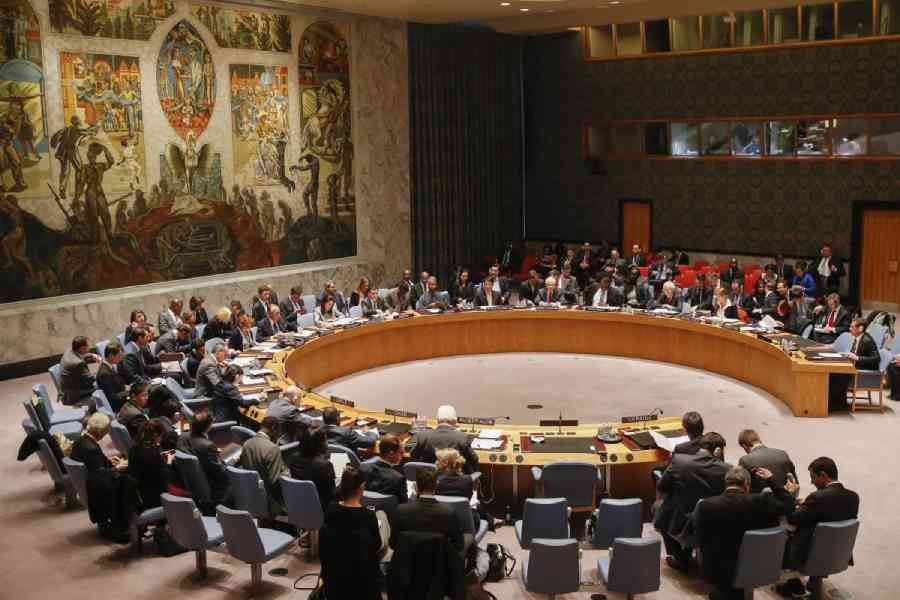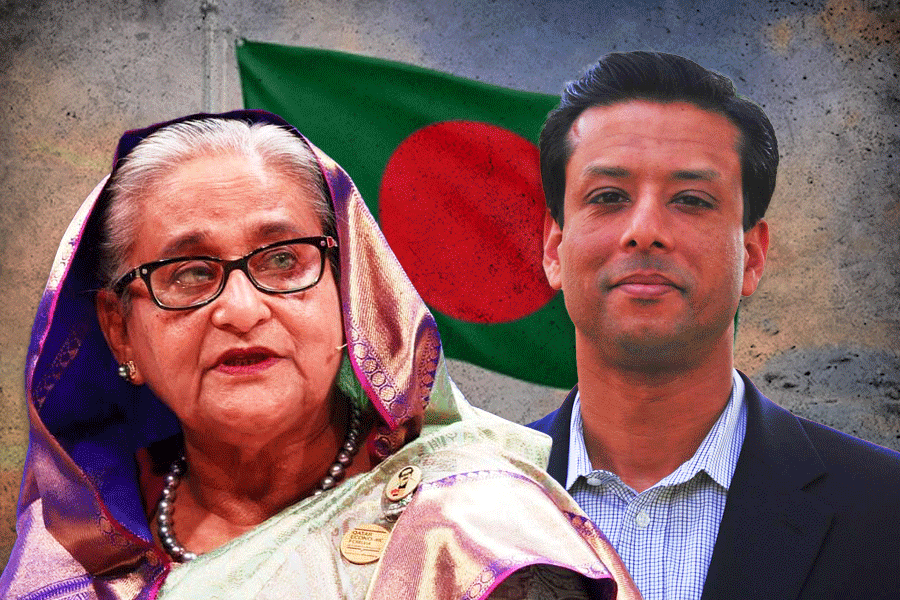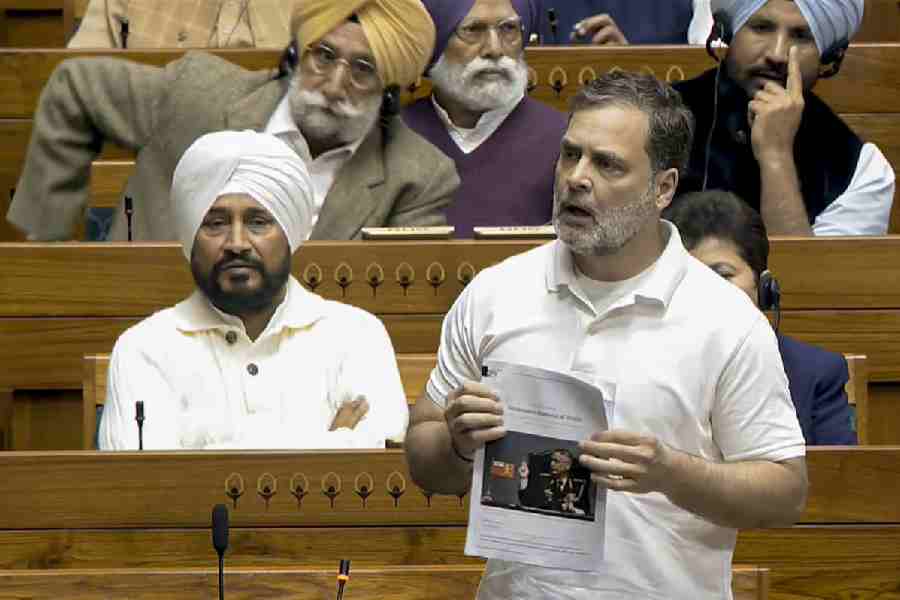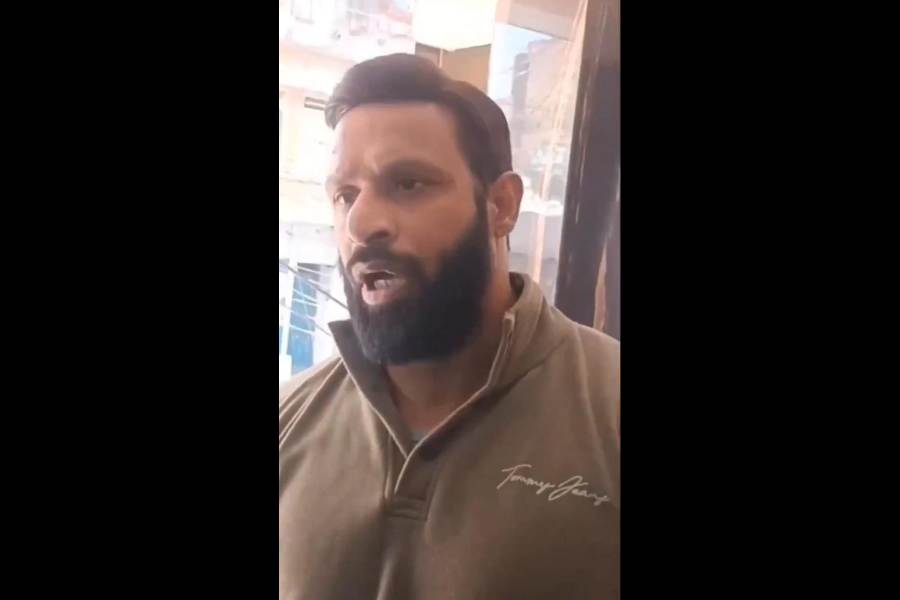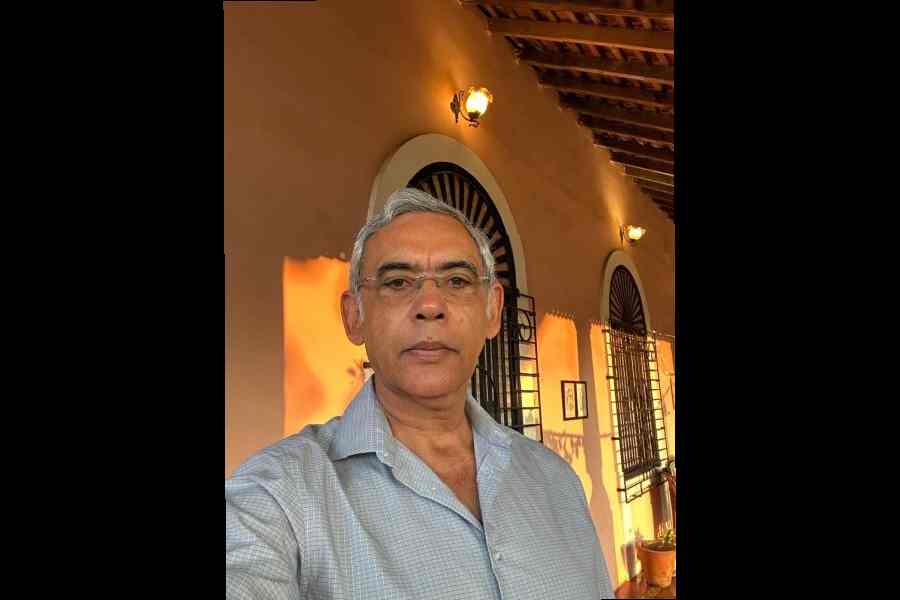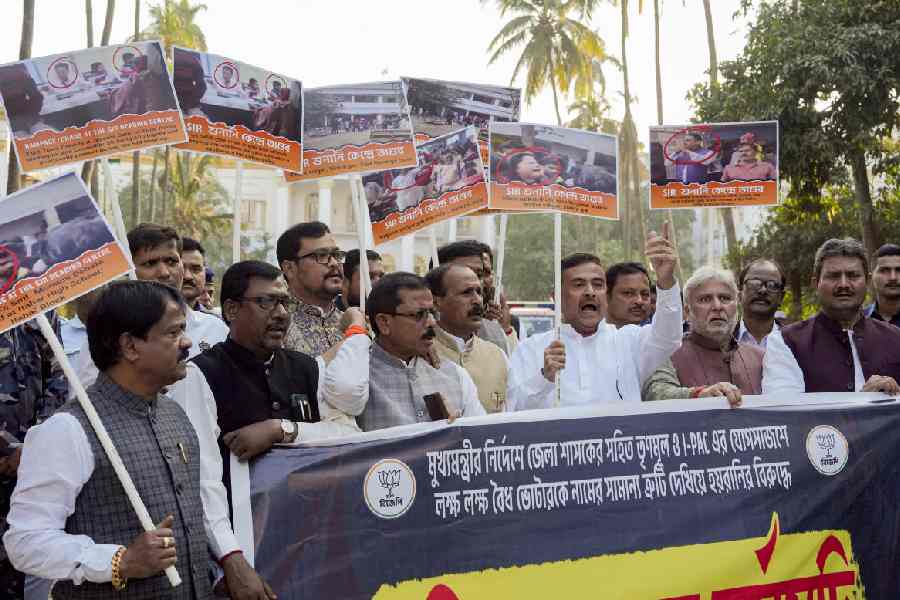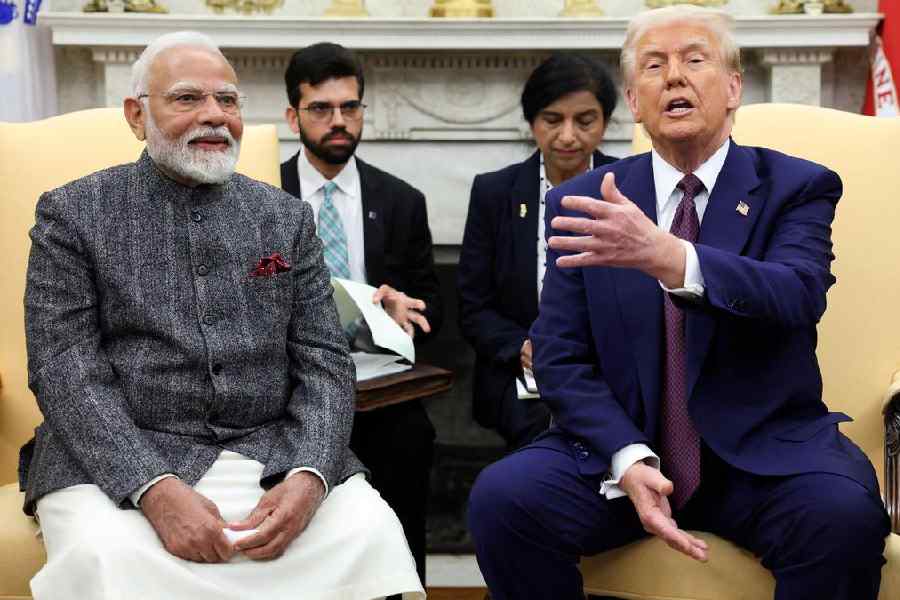On June 29, the United Nations General Assembly ended the intergovernmental negotiations on United Nations Security Council reforms for the current — 77th — session and adopted a draft oral decision to continue the intergovernmental negotiations on UNSC reforms at the 78th session of the UNGA that will commence in September this year. As per Article 24 of the UN Charter, the UNSC’s mandate is peace and security, making it the most important organ of the multilateral system.
A broad list of issues relevant to the intergovernmental negotiations concerns UNSC reforms, which include the proposed size of the expanded Council, the question of veto, categories of membership, regional representation, and working methods. Every year, since February 2009, as part of the intergovernmental negotiations on the question of equitable representation and increase in the membership of the UNSC, diplomats from various countries, particularly from aspirant member states, ritually make statements, but nothing changes.
In practical terms, the completion of the negotiations this year offers little new details. However, around the same time, there were suo motu statements from some members of the P5 in various capitals that demonstrate a greater urgency for UNSC reforms among them as compared to the aspirant countries. Speaking at an event, the foreign secretary of the United Kingdom, James Cleverly, said, “I have five transnational priorities. First, reform of the United Nations Security Council. We want to see permanent African representation and membership extended to India, Brazil, Germany and Japan. I know this is a bold reform. But it will usher the Security Council into the 2020s. And the UNSC has grown before — albeit not since 1965. My second priority is reform of the international financial institutions. This matters for climate finance and, of course, for poverty reduction.” Around the same time, speaking on the sidelines of the Summit for a New Global Financial Pact in Paris, the French president, Emmanuel Macron, termed it important to factor in the changes that have taken place in the current international system and make the multilateral system reflective of the present times. Officially, France supports the candidacy of Germany, Brazil, India and Japan as permanent members of the UNSC as well as the stronger presence of African countries among the permanent members. Of late, the president of the United States of America, Joe Biden, has specifically mentioned that “the US supports increasing the number of both permanent and non-permanent representatives of the council. This includes permanent seats for those nations we’ve long supported.”
The UK and France, the two UNSC members from Europe, comprise 1.5% of the world population. At present, less than 25% of the world’s population has representation in the UNSC. If one excludes China, the other four UNSC members — the US, UK, Russia and France — comprise 7% of the world’s population.
In the opposite camp, Russia’s foreign minister, Sergey Lavrov, has also called for the expansion of the UNSC. A UN insider, with a long innings as Russia’s Permanent Representative to the UN headquarters, Lavrov said, “Of the 15 members (permanent and non-permanent), the so-called ‘golden billion’ occupies six seats; this is unfair, unjust. Therefore, we will seek to expand the membership of the Security Council as soon as possible by including the countries of Asia, Africa, and Latin America.” Unsurprisingly, China has made statements in favour of UNSC reforms with caveats. It has underlined that “at present, there is still a lack of consensus and major differences are still there among all parties on the overall direction and basic principles of the Council reform. Hasty preparation of documents for negotiation and launching text-based negotiations will only aggravate division and confrontation among member states and undermine the momentum of reform.” By this formulation, Sino-Indian or India-Pakistan contestations impact India’s UNSC aspirations.
In the first stage, the UNGA must approve the reform by a two-thirds majority. After its approval, the amended Charter must be ratified by at least two-thirds of the member states, including the five permanent members. The P5 membership of the UNSC has changed twice. In 1971, the People’s Republic of China replaced the Republic of China (ROC or Taiwan) in the UNSC, a move facilitated by the US-PRC détente. The second was the addition of the Russian Federation after the collapse of the Soviet Union. This came largely as a consequence of the Alma-Ata decision in 1991 wherein countries of the Commonwealth of Independent States, earlier part of the Soviet Union, and Ukraine supportedthe substitution of Russia as the UNSC member. There are even differences concerning the procedures of the intergovernmental negotiations: some are calling for an overwhelming consensus, if not unanimity.
The recent statements in support of reforms of the UNSC by a majority of the P5 are predicated on critical geopolitical trends. First, in the context of Russia’s invasion of Ukraine, the present structure of the UNSC has left little room for creative diplomacy. The current membership is unable to break the gridlock on the critical matters of peace and security. Second, the Indo-Pacific region has emerged as one of the most important geographical areas of economic activity and, thus, the combined economic leverages of various blocs within the UNSC are now insufficient to impact outcomes. The region cannot be seen through the binary lens of developing and developed countries. Third, the US-Europe strategy on China doesn’t enjoy the same consensus as the one on Russia because of the complex economic entanglements with China on both sides of the Atlantic. European countries like France don’t want to be led by the US in framing their economic and political relationships with China. This has an implication, particularly with China playing a proactive role in peace-making globally as was witnessed during Beijing’s facilitatory role in the détente between Iran and Saudi Arabia. Fourth, geopolitics and limited sources of climate financing are impeding progress on global action on climate change. The resultant failure is impacting the Global North as well as the Global South.
In a nutshell, structural realities ensured that the intergovernmental negotiations process is treatedas a ritualistic annual exercise. That a part of the prevailing structureis now the biggest votary of the UNSC or multilateral reforms is significant, though still not deterministic. One cannot lose sight of this fact.
Luv Puri is the author of Across the LoC

